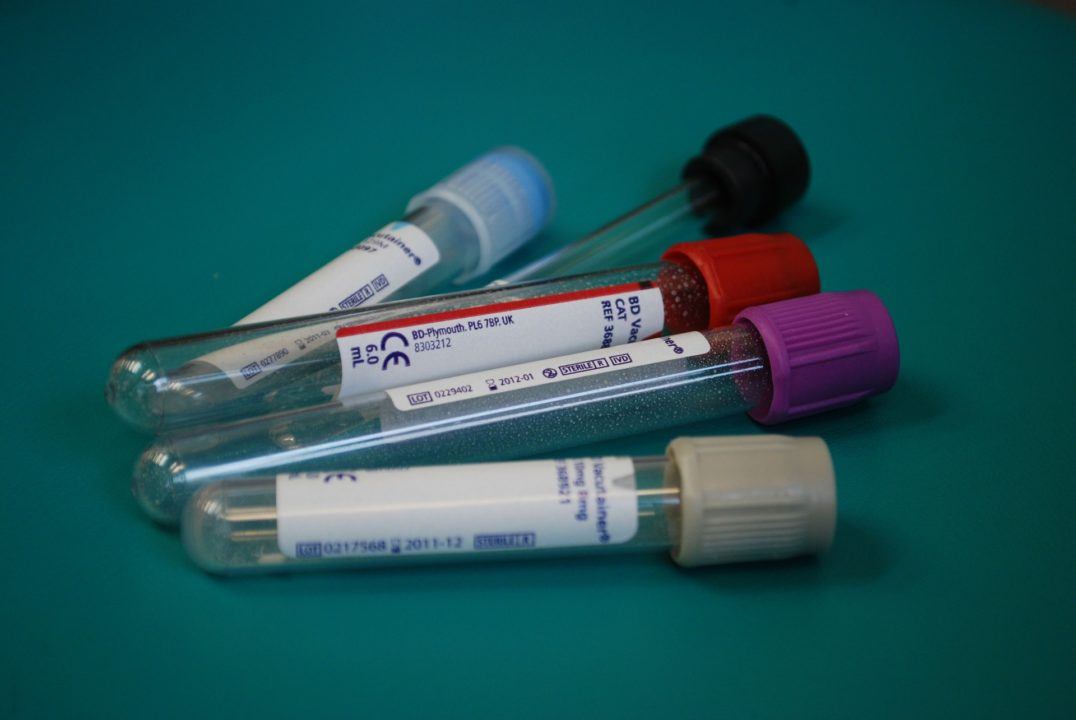Press Release courtesy of IOC
Today, the International Olympic Committee (IOC) has published new decisions from the Oswald Commission hearings, which are being conducted in the context of the Sochi 2014 forensic and analytic doping investigations. As a result, the four Russian skeleton athletes, Sochi 2014 bronze medallist Elena NIKITINA, Mariia ORLOVA, Olga POTYLITSYNA and Sochi 2014 gold medallist Aleksandr TRETIAKOV, have been sanctioned.
More hearings concerning other athletes will be held over the next few weeks.
The IOC Disciplinary Commission, composed for these four cases of Mr Denis Oswald (Chairman), Mr Juan Antonio Samaranch and Mr Tony Estanguet, decided the following:
Elena NIKITINA, Mariia ORLOVA, Olga POTYLITSYNA and Aleksandr TRETIAKOV are found to have committed anti-doping rule violations pursuant to Article 2 of The International Olympic Committee Anti-Doping Rules applicable to the XXII Olympic Winter Games in Sochi, in 2014, and are disqualified from the events in which they participated. In addition, the four athletes are declared ineligible to be accredited in any capacity for all editions of the Games of the Olympiad and the Olympic Winter Games subsequent to the Olympic Winter Games Sochi 2014.
- The full decision about Elena NIKITINA is available here.
- The full decision about Mariia ORLOVA is available here.
- The full decision about Olga POTYLITSYNA is available here.
- The full decision about Aleksandr TRETIAKOV is available here.
The reasoning for these decisions will be communicated in due course.
The Disciplinary Commission, chaired by IOC Member Denis Oswald, is responsible for investigating the alleged doping violations by individual Russian athletes. Therefore, all the samples collected from Russian athletes at the Olympic Winter Games Sochi 2014 that were available to the IOC were re-analysed. This had two goals – to further review the samples for evidence of doping, and separately to determine if the samples themselves or the bottles were manipulated or tampered with.
Due to the nature and complexity of the cases, this thorough, comprehensive and time-consuming process has taken several months and had to involve external forensic experts, who had to develop a legally-defendable methodology for all the cases under the jurisdiction of the Disciplinary Commission. Due process has to be followed, and re-analysis is still underway.
The IOC showed its determination to protect clean athletes from the very beginning of the case, in July 2016, by immediately establishing the Disciplinary Commission and the Inquiry Commissions, following the publication of the McLaren report. The IOC took this extra measure since Prof. McLaren did not have the authority to bring forward Anti-Doping Rule Violation (ADRV) cases against individual athletes.
After receiving the results from the final McLaren report in December 2016, the IOC opened proceedings against the 28 Russian athletes mentioned in the report, which are now being heard by the Oswald Commission.
The Oswald Commission has announced that all hearings for active athletes who could qualify for the Olympic Winter Games PyeongChang 2018 will be completed shortly. In accordance with the World Anti-Doping Code, confidentiality has to be respected in the interests of the athletes concerned. The purpose of this work is to ensure that the International Federations (IFs) have the necessary tools to protect the qualification competitions. The outcome of the hearings will be announced as soon as possible after each individual hearing. This will allow the IFs to follow up with their own disciplinary hearings immediately, and to take the athletes concerned out of the qualification system as soon as possible.
The decision with regard to the participation of Russian athletes in the Olympic Winter Games PyeongChang 2018 will be taken by the IOC Executive Board in December based on the findings of the Inquiry Commission chaired by Samuel Schmid, a former President of Switzerland.
The International Olympic Committee is a not-for-profit independent international organisation made up of volunteers, which is committed to building a better world through sport. It redistributes more than 90 per cent of its income to the wider sporting movement, which means that every day the equivalent of 3.4 million US dollars goes to help athletes and sports organisations at all levels around the world.
